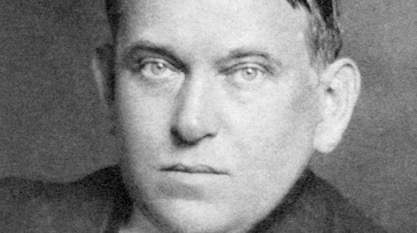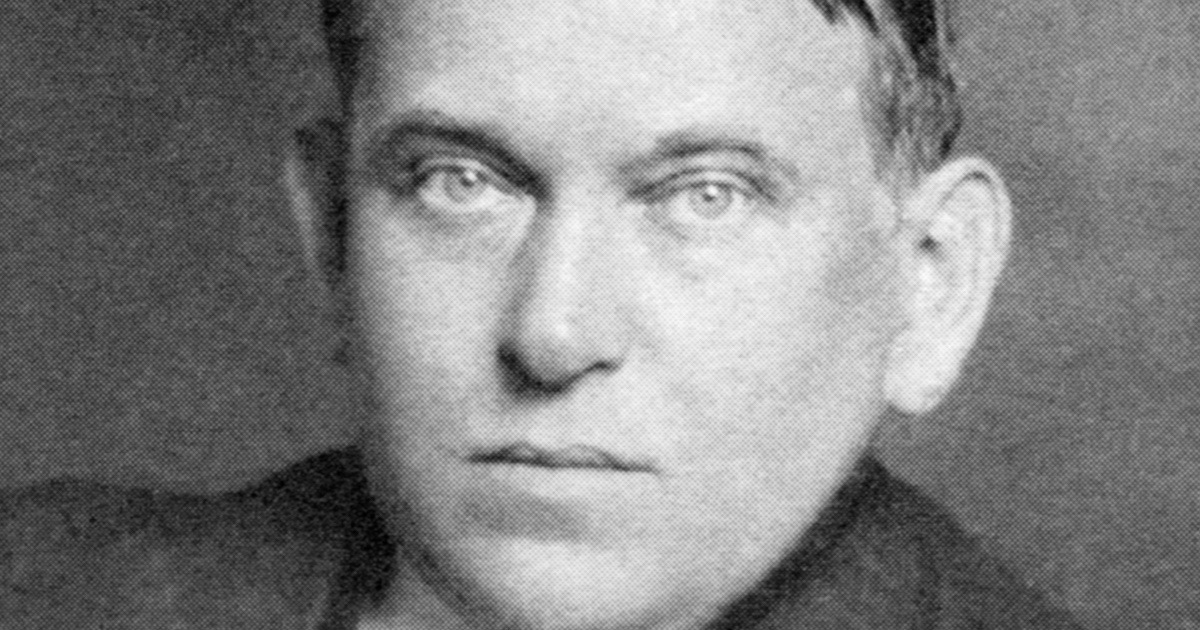 Evolution
Evolution
 Faith & Science
Faith & Science
 News Media
News Media
Two Laws of Discourse About Science in Pop Culture


This should be formulated as some sort of law of discourse about science in the general culture:
- When you are defending Darwinian theory and attacking Darwin skeptics, you can say any foolish, ignorant thing you want on the subject and get away with it.
That is because no matter what you say, no one will challenge you other than some of those intelligent design rascals and you know you can automatically dismiss anything they say.
Case in point: former Bush speechwriter Michael Gerson’s recent article for The Atlantic, “The Last Temptation,” tracing the supposed “shame” and “disgrace” of Evangelical Christians who support Trump back to an original sin, namely — of all things — their rejection of evolution. I wrote about that earlier here. In a new ID the Future episode, Jay Richards talks with Mike Keas about this lengthy article, and encourages everyone to read it in full.
Gerson is an Evangelical himself who contributes a regular column to the Washington Post where he articulates, says Jay, “what the officially smart people believe.” Dr. Richards observes, regarding the evolution controversy, “Gerson knows almost nothing about this debate.” But that’s OK because he holds the “officially smart” position, and thus can get away with saying anything:
There might as well be a macro on a word processing document, the very phrases he uses, “evolution is a fact,” “undeniable,” there’s the trope about the anti-intellectual Evangelicals who deny the clear facts from science. These tropes have been around since a non-Christian, H.L. Mencken, made these arguments in the Twenties in the infamous Scopes trial, and they’re still here.
That, in fact, might be a second law of discourse about science in pop culture as it’s found in left-leaning publications such as The Atlantic:
- As presented by prestige media outlets, the evolution debate never really advances beyond 1925, the year of the Scopes trial.
Jay, who is the editor of the book God and Evolution, goes on:
Gerson doesn’t do anything to actually engage the evidence, to show that he even knows the word “evolution” means lots of different things. The fact that he could type it tells me he has never actually read anything on this subject other than maybe some pamphlets he got at a journalism seminar about how Christians ought to think about science.
Exactly. It’s quite an amusing conversation, and well worth your time. Download the podcast or listen to it here.
Photo: H.L. Mencken, by Theatre Magazine Company; Ben Pinchot, photographer (Theatre Magazine, August 1928 (page 37)) [Public domain], via Wikimedia Commons.
